Much of what prominent management thinker Clarke Murphy reports here about sustainability has been said before, but his emphatic repetition and his additional new information underscore its importance. Sustainability is today’s imperative, and the corporate world must take bold steps to ensure it. Climate change, inequality, poverty, and other threats constitute systemic risks. Some CEOs recognize the peril and are taking their organizations in new directions. Murphy provides stories about leaders in the vanguard of sustainability as well as sage counsel on how to join them.
Corporate sustainability derives from committed leaders who take charge.
The leaders of more than 10,000 companies have signed the United Nations Global Compact (UNGC) with its 17 Sustainable Development Goals. However, progress hasn’t been fast or smooth. Although many company directors understand the dire consequences of climate change, most corporations have not urgently pursued sustainability goals.
In the early 2000s, when a UNCG progress report was due, it became clear that most corporate leaders’ words of support for sustainability did not match their actions. To create the report, the Global Compact worked with the Russell Reynolds Associates (RRA) consultancy to identify the steps successful leaders took to “mesh sustainability goals with economic success” and to learn what traits distinguished their attitudes. RRA interviewed leaders with a personal “sustainable mindset” who were willing to risk disruption to achieve sustainability success.
Catastrophic climactic events worldwide have helped convince corporate and government leaders that sustainability is fundamental. For example, Duke Energy CEO Lynn Good had been on the...









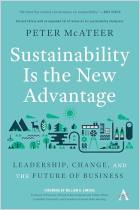
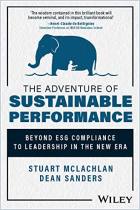
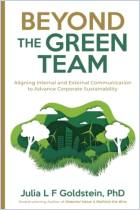
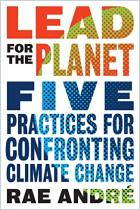
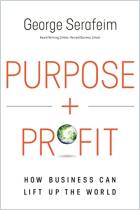
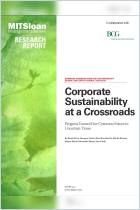







Comment on this summary